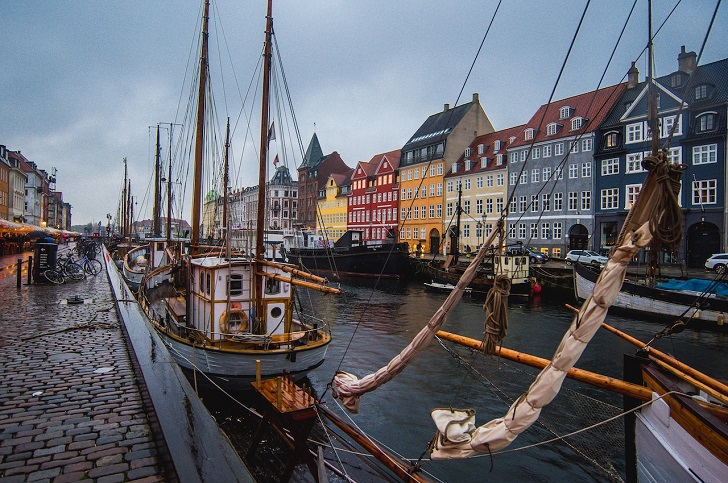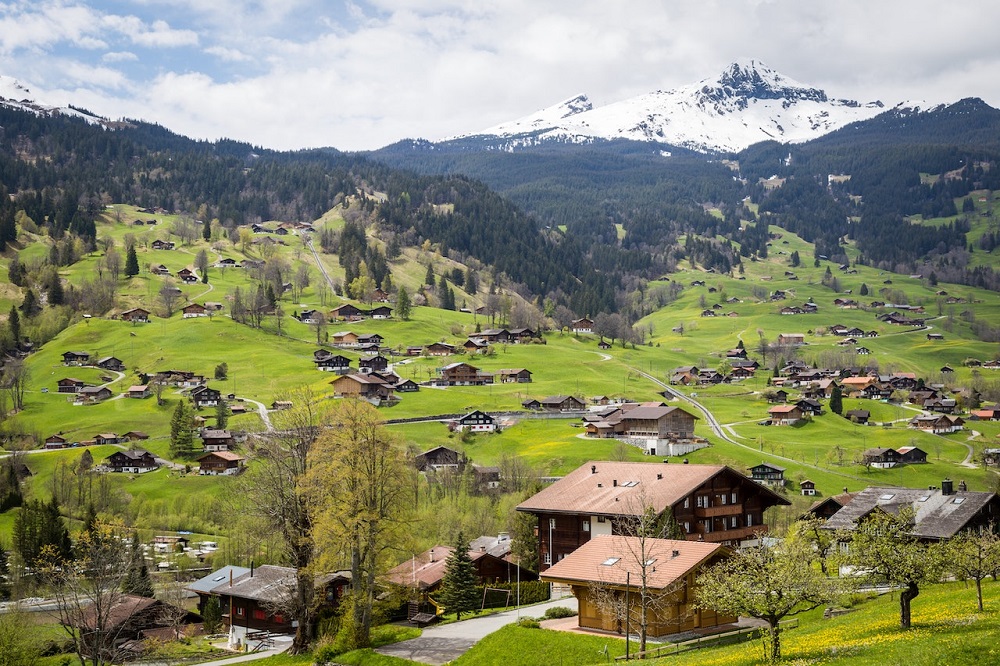The Most Eco Friendly Places To Visit On Earth
In an era of increasing environmental awareness, eco-friendly travel destinations have gained immense popularity among conscious travelers. These destinations offer breathtaking natural beauty and prioritize sustainability, conservation, and responsible tourism.
Today, we will take you on a journey to explore some of the most eco-friendly places to visit on Earth, where the preservation of the environment and culture takes center stage.
Patagonia, Argentina and Chile
The Patagonian region, spanning Argentina and Chile, is a vast wilderness of glaciers, mountains, and fjords. Patagonia’s commitment to responsible tourism is evident in its efforts to protect its pristine landscapes and indigenous cultures.
Travelers can embark on eco-friendly adventures such as hiking in Torres del Paine National Park, witnessing the Perito Moreno Glacier, and engaging with local communities while supporting the region’s dedication to conservation and sustainable tourism.

Daniel Jurin/ Pexels | Denmark is a bicycle nation
Switzerland
Switzerland, renowned for its picturesque Alps and pristine lakes, is a country that takes environmental conservation seriously. For outdoor enthusiasts, the Swiss Alps are a popular destination and a testament to sustainable living.
Travelers can explore eco-friendly ski resorts, take scenic train rides powered by renewable energy, and hike through protected alpine ecosystems while enjoying Switzerland’s commitment to preserving its natural beauty.
Fiji
Fiji is known for its white-sand beaches and vibrant coral reefs. The country has embraced eco-tourism by offering a range of eco-certified resorts and conservation initiatives.
Travelers can experience sustainable diving and snorkeling, participate in coral restoration projects, and support local communities through responsible tourism, all while enjoying the beauty of this island paradise.

Tranmautritam/ Pexels | Switzerland lies in the heart of Europe
Sweden
Sweden’s diverse landscapes, from dense forests to serene lakes, are a haven for eco-conscious travelers. The country is committed to sustainable practices, including renewable energy sources, eco-friendly transportation, and green building standards.
Travelers can stay in treehouse accommodations, embark on wilderness adventures, and witness the mesmerizing Northern Lights while contributing to Sweden’s dedication to environmental stewardship.
Namibia
Namibia offers a unique blend of desert landscapes and wildlife conservation in southwestern Africa. Namibia has worked hard to protect its natural resources, including the iconic Namib Desert and Etosha National Park. Travelers can experience eco-friendly safaris, visit indigenous communities, and support rhino and cheetah conservation efforts, all while exploring the country’s captivating scenery and rich biodiversity.
Denmark
Denmark, known for its progressive cities and idyllic countryside, has taken sustainable urban living to new heights. Copenhagen, the capital, boasts an extensive cycling network, green spaces, and eco-friendly architecture. Travelers can explore the city’s bike-friendly streets, dine at organic restaurants, and visit renewable energy facilities while witnessing Denmark’s commitment to sustainable urban development.

Asad Photo/ Pexels | Fiji is composed of more than 300 islands
Peru
Peru, home to the Amazon Rainforest and ancient Inca ruins, offers travelers a chance to experience eco-tourism in diverse landscapes. The country has implemented conservation efforts to protect its natural treasures. Travelers can explore the Amazon Rainforest with certified guides, support wildlife sanctuaries, and participate in community-based tourism initiatives while discovering Peru’s cultural and natural richness.
Portugal
With its stunning coastlines and historic towns, Portugal is becoming a hub for sustainable coastal getaways. The country prioritizes eco-friendly initiatives, including renewable energy and coastal protection. Travelers can enjoy eco-conscious beach resorts, explore protected marine areas, and engage in responsible water sports, all while contributing to Portugal’s efforts to safeguard its picturesque coasts.